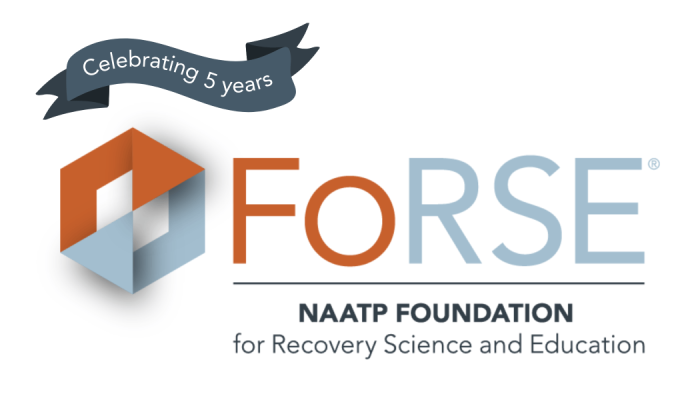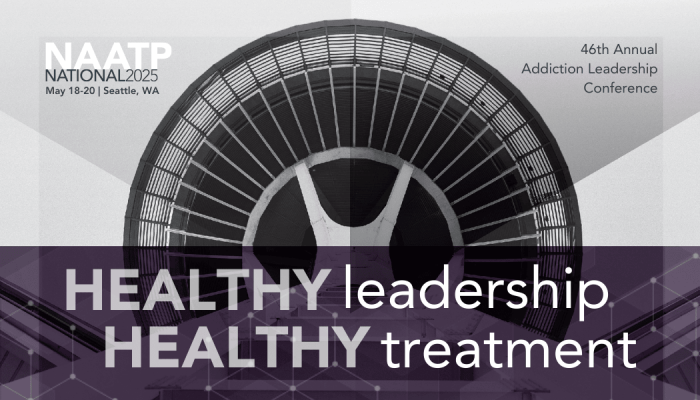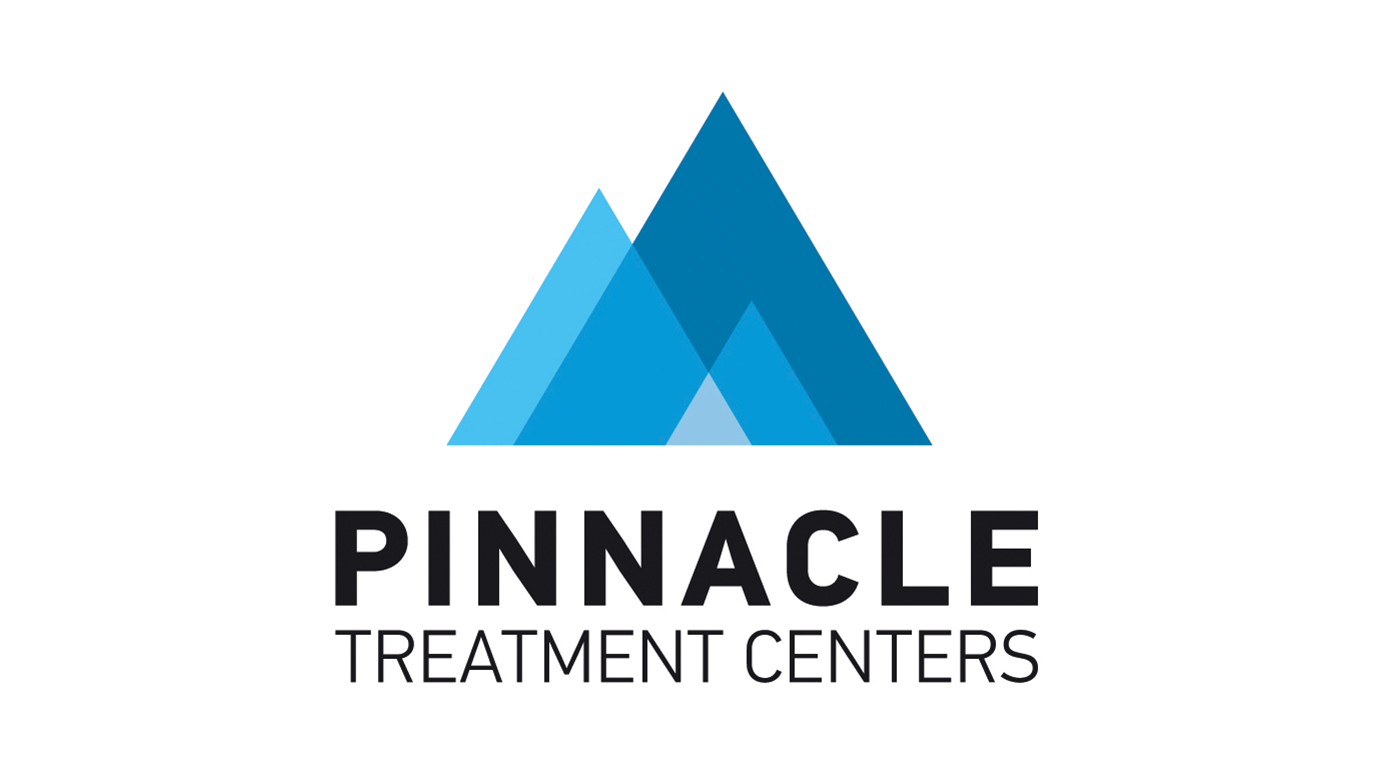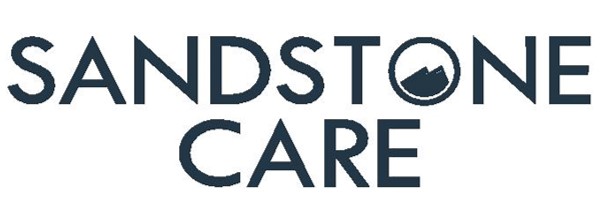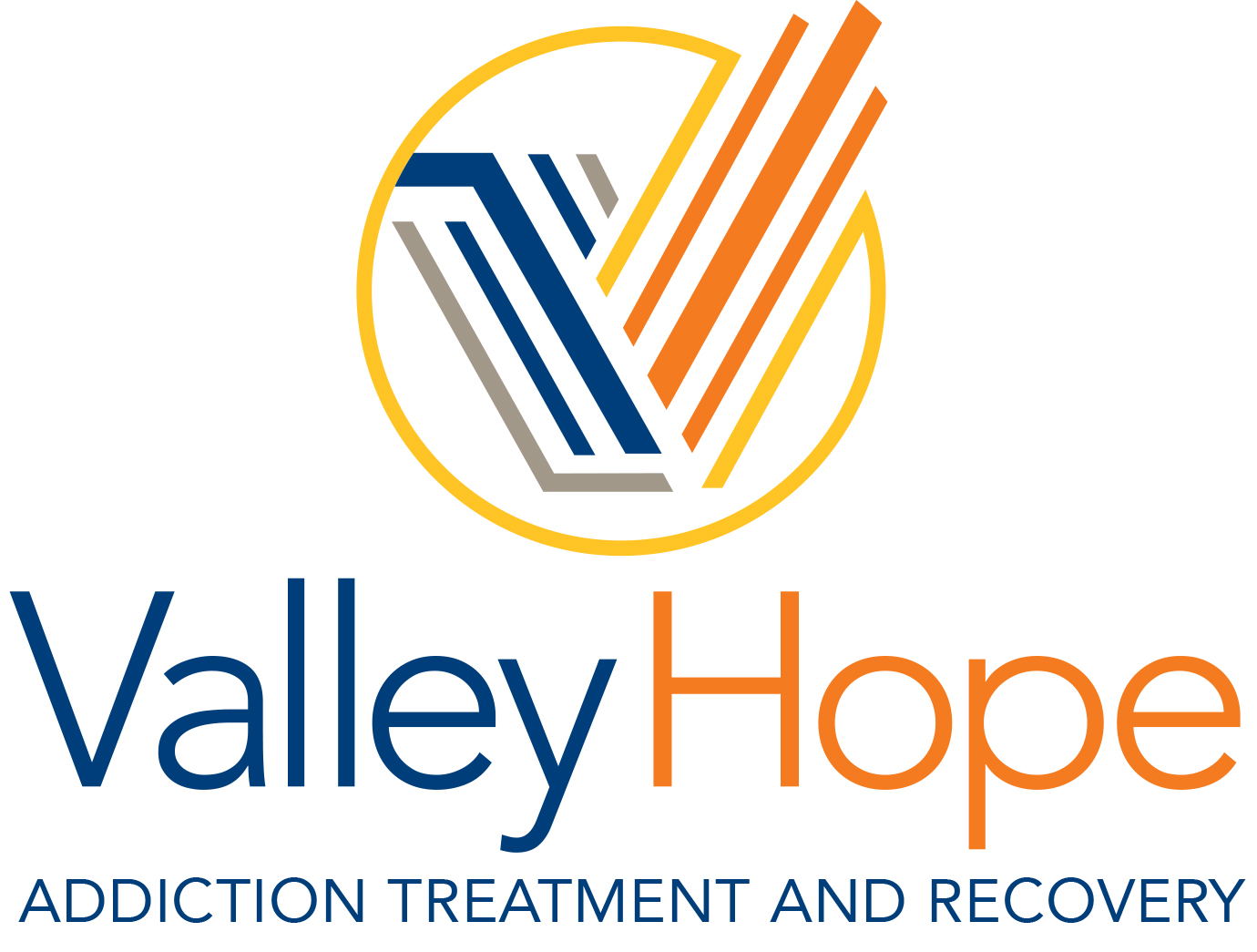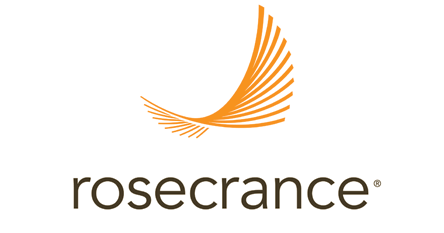Apr 27, 2018
This week committees in both the US Senate and House of Representatives advanced legislation impacting the field. Major NAATP priorities were included in each of the bills. While the motivation for action was the Opioid Crisis, the language will also impact substance use disorder treatment generally.
The Senate Health, Education, Labor, and Pensions committee reviewed nearly 40 legislative ideas introduced by various members of the Senate. During a work session Tuesday, the committee approved numerous provisions to create S. 2680. It included language requiring additional scrutiny regarding how states are enforcing the Mental Health Parity and Addiction Equity Act (Parity). While this provision is not as strong as NAATP would have preferred, it is progress.
The Health sub-committee of the House Energy and Commerce Committee also held a work session Wednesday dealing with Opioid and substance use disorder issues. They reviewed over 60 individual pieces of legislation for inclusion in one large bill.
NAATP supported many of the provisions included by the House Committee.
On that list was language providing up to 90 days of substance use disorder treatment for individuals covered by Medicaid and removing the IMD 16 bed exclusion. The Senate also included a student loan forgiveness program for SUD professionals who choose to work in underserved areas.
Both the Senate and House bills incorporated directives to SAMHSA to draft best practice guidelines for sober living homes, in an attempt to alleviate some of the unethical practices.
These bills will now have to be considered by the full Senate and House, which they hope to accomplish by the end of May. If both pass, a conference committee will work out the differences between the two versions.
Thank you to the NAATP members who took time to call their representatives in Congress. Some of these NAATP supported provisions passed by a narrow margin. I was told that calls from treatment providers made the difference. We still have much work to do, but this week was a critical first step toward achieving some of the public policy priorities NAATP has held for many years.





